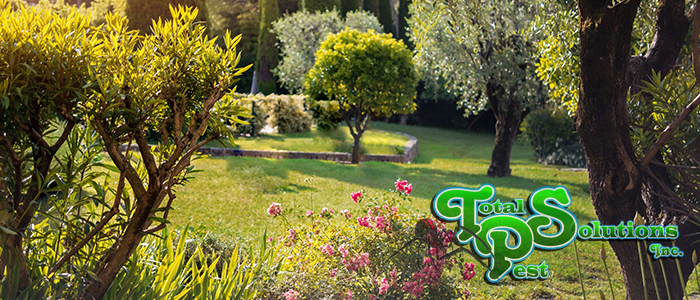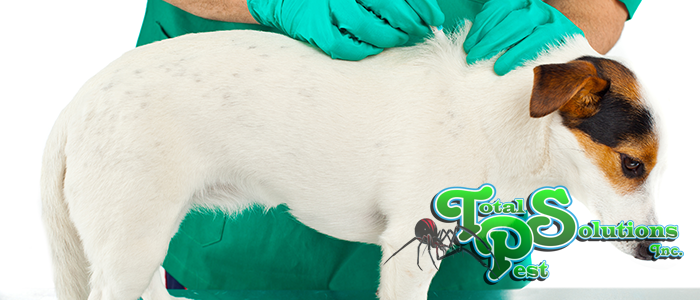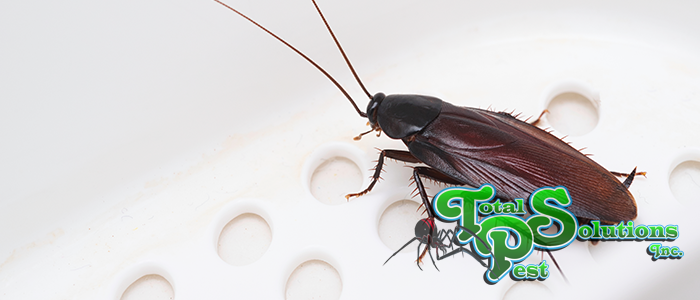
If you see a mouse, it can be alarming, especially when you least expect it. People often ask us “Does one mouse mean I have more?” Most likely. If you’ve been startled by one mouse, you can safely bet on it having friends or family close by. It’s very important to keep your wits about you, though. Once you’ve seen a mouse, you’ve got work to do. The reality is that mice are almost never alone. These are intelligent, social, family building animals that prefer company. While you might be lucky enough to see a single mouse, if you spotted the mouse during the day, it’s far more likely that you have more uninvited guests occupying the dark spaces in your home.
What to Know About Mice
Mice are a very successful little animal. They’ve adapted to just about every environment, especially around people. You may have heard that mice are more interested in dirty homes than clean ones, but the truth is that mice are interested in food more than anything else. If there is a reliable way for a mouse to get food, they’ll take full advantage of it to the point that the whole family will move in. This is also why mice are generally more common on the winter months than in the warmer months as there are seeding plants outside for them to eat, and they won’t need to venture inside more often.
For the most part you won’t see mice during the day. This is why mouse traps are so successful – There is no chasing of mice involved and no need to hunt them down, you can leave that reliable food source out and they’ll come to the trap. Mice are nocturnal. They prefer to move about when larger animals, like you, are asleep. During a mouse’s breeding season it’s common for one mouse to stay back with the young in the nest, while other mice go foraging for food. This is when you’re most likely to see them. Although well fed mice might not stray too far from the nest. Once a feeding trail has been established, mice will usually frequent the same paths back to where they’re hiding.
Issues with Mice
Mice can present serious health risks in large enough numbers, or even small numbers if they get into a food supply. Droppings can carry disease and parasites, and in rare cases dried mouse urine that contains pathogens can spread hantavirus. Nesting materials can spread salmonella as the mice track droppings and fluids on their feet through the house. As mice move they also produce droppings and urine several times in an hour. They also multiply quickly, rapidly increasing the odds of disease spreading from their nest to your family. Beyond the risks to the health of you and your family, mice are very destructive pests.
Further Dangers
In order to gain access to your home, mice will chew on your siding, bite up caulk and wood trim, and even bite through wires to try to wriggle into the gaps between your walls. This last one is particularly scary. If a mouse exposes wires in your walls, the chances of a spark igniting material and starting a fire goes up the more often it happens. Around a quarter of fires in the USA have an unknown origin and it’s believed that rodents can be blamed for many of these. You may have heard that mice can also carry rabies. Thankfully, this is one risk that you won’t run around mice. The rabies virus kills these small animals very rapidly, so it is almost never found in them. Additionally, they aren’t a known source of transmission to humans.
Contact Us
So now that you’re aware of the risks and realities that mice present, what should you do? There are definitely some home solutions you can follow if you see a mouse, but to be on the safe side you’ll want an expert opinion. Call us to find out what you can start to do today.
continue reading
Related Posts
The Importance of Scheduling Regular Lawn Care Services for a […]
The Ultimate Guide to Spotting and Eliminating Flea Infestations in […]
The Menace of Cockroach Infestations in Lake Alfred Homes Cockroach […]






